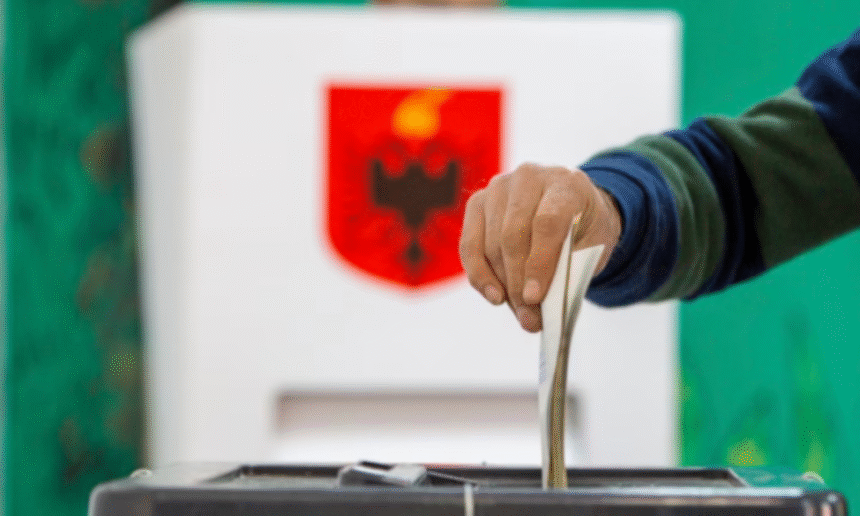Today, Albanian citizens head to the polls for parliamentary elections widely seen as a decisive moment for the country’s democratic maturity and a key test of its European aspirations amid ongoing EU accession negotiations.
Rama Seeks Unprecedented Fourth Term, Berisha Eyes a Comeback
The race pits outgoing Prime Minister Edi Rama, leader of the ruling Socialist Party, against his long-time rival, Sali Berisha, who leads a coalition of opposition parties.
Rama, 60, has led the Socialist Party since 2005 and is seeking an unprecedented fourth term, vowing to bring Albania into the European Union by 2030.
“The doors of Brussels are the key to giving Albanians a European passport,” Rama declared, emphasizing that full integration would ensure Albanians enjoy the same rights and opportunities as citizens of other EU countries.
Challenging him is Berisha, 80, a former president and prime minister, who seeks to return to power after 12 years. His campaign, under the slogan “Greater Albania”, mirrors populist themes of economic revival similar to those seen in Donald Trump’s rhetoric.
“We are the only ones who can restore the country’s economy,” said Berisha, whose image as a strongman is being reshaped despite ongoing corruption investigations involving alleged benefits to his family.
First-Time Voting for the Albanian Diaspora
For the first time in the nation’s electoral history, Albanians living abroad are casting ballots by mail. According to the Central Election Commission, 245,935 registered voters from the diaspora are participating—marking a symbolic and practical step toward broader democratic inclusion.
Polarization and Allegations of Manipulation
The campaign has been marked by harsh rhetoric, particularly on social media. Berisha’s coalition accuses the Socialist Party of “vote-buying, intimidation, and misuse of public funds.” Rama has dismissed these claims as “excuses for inevitable defeat.”
The Organization for Security and Co-operation in Europe (OSCE) has noted “extreme political polarization” in the country of 2.8 million people, a NATO member since 2009.
For the first time, election monitoring includes not only election officials and nearly 300 international observers, but also civil servants and legal officers deployed to ensure transparency and fairness.
Prosecutors Probe U.S. Lobbying Ties
Meanwhile, Albania’s Special Anti-Corruption Prosecution Office has launched an investigation into a $6 million lobbying contract signed in April between a U.S.-based Albanian-American foundation and Continental Strategy, a lobbying firm founded by Carlos Trujillo, a former senior advisor to Donald Trump.
The Democratic Party claims the contract is meant to “strengthen ties between the United States and the Democratic Party.”
A Key Moment for Albania’s European Path
Silvio Gonzato, head of the EU Delegation in Albania, told AFP:
“The organization of free and fair elections, aligned with democratic standards, will be crucial to strengthen Albanian democracy, restore citizen trust, and advance EU integration.”
Sunday’s vote is also a precursor to the next European Political Community summit, which Albania will host in Tirana just five days after the election.







